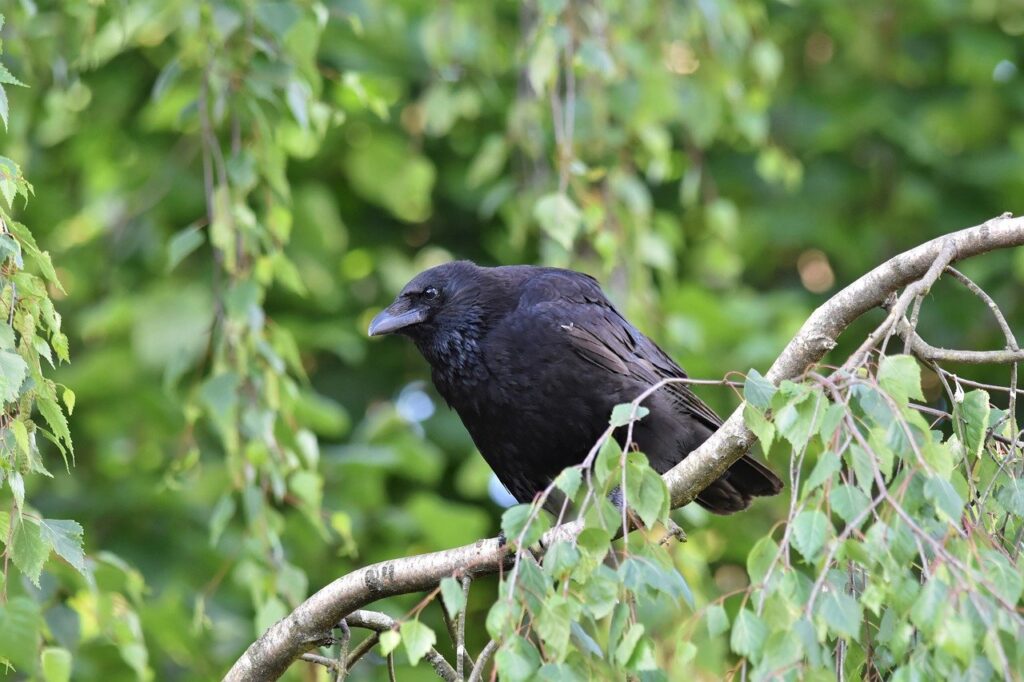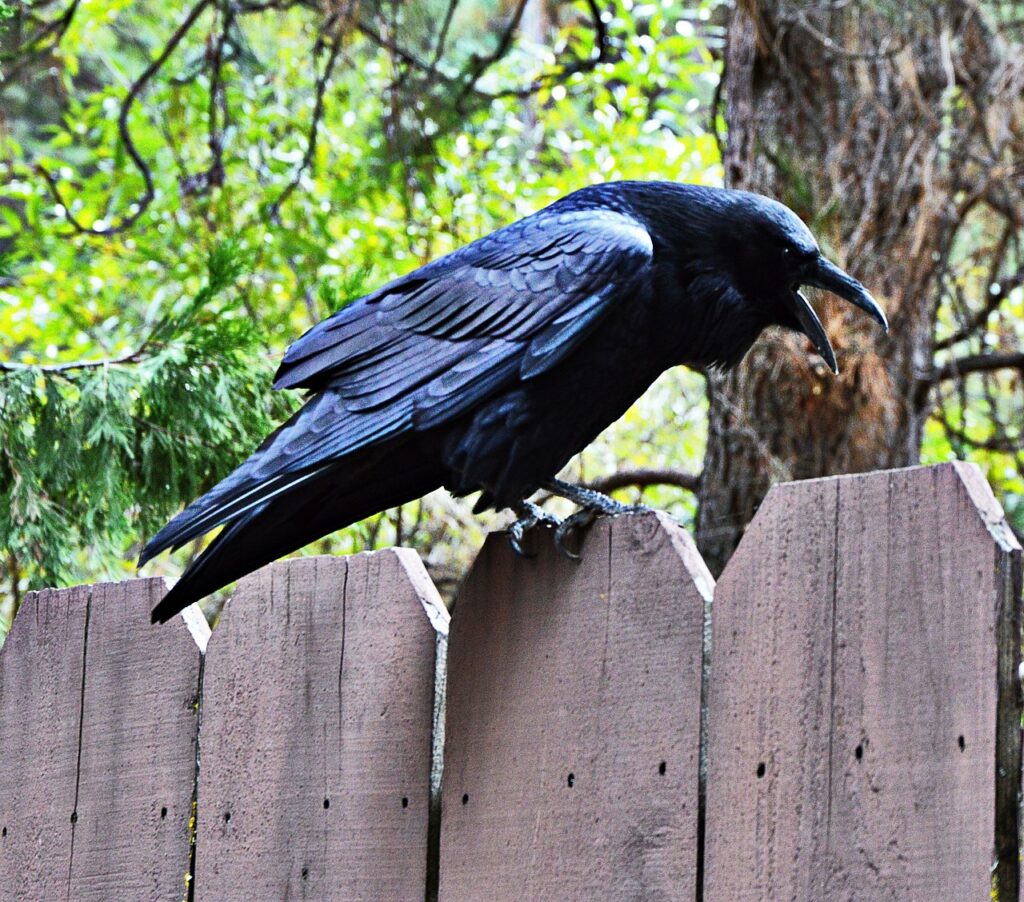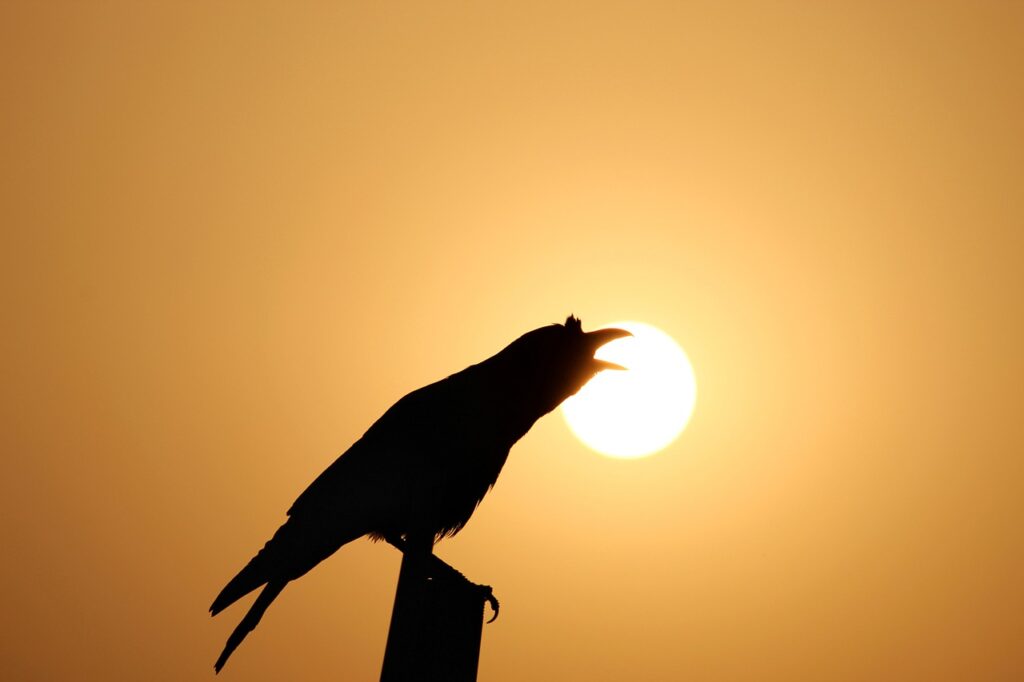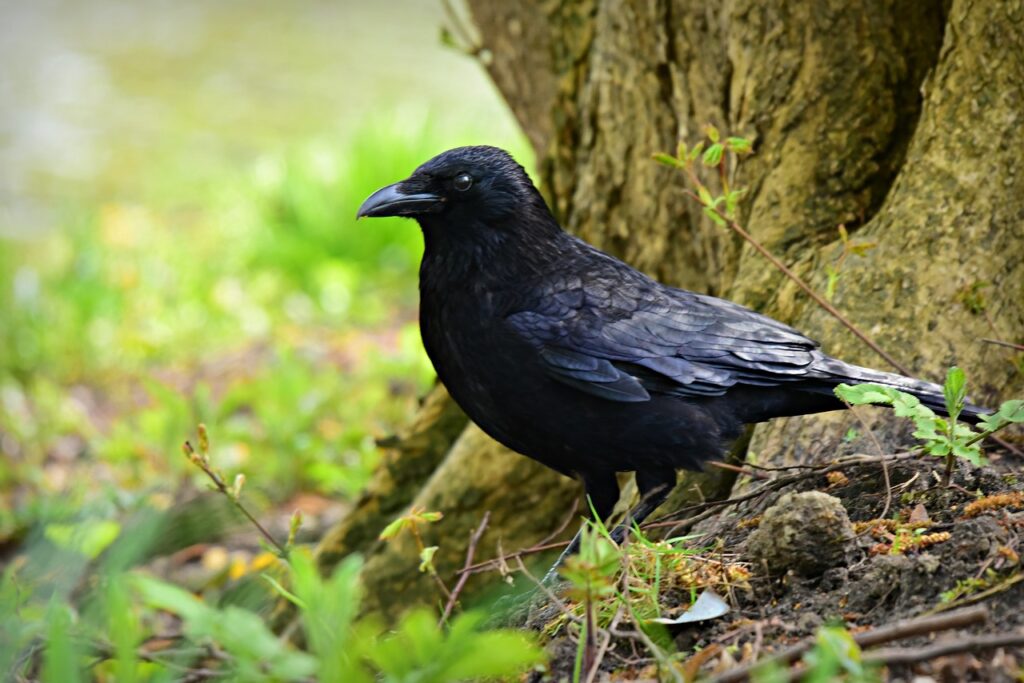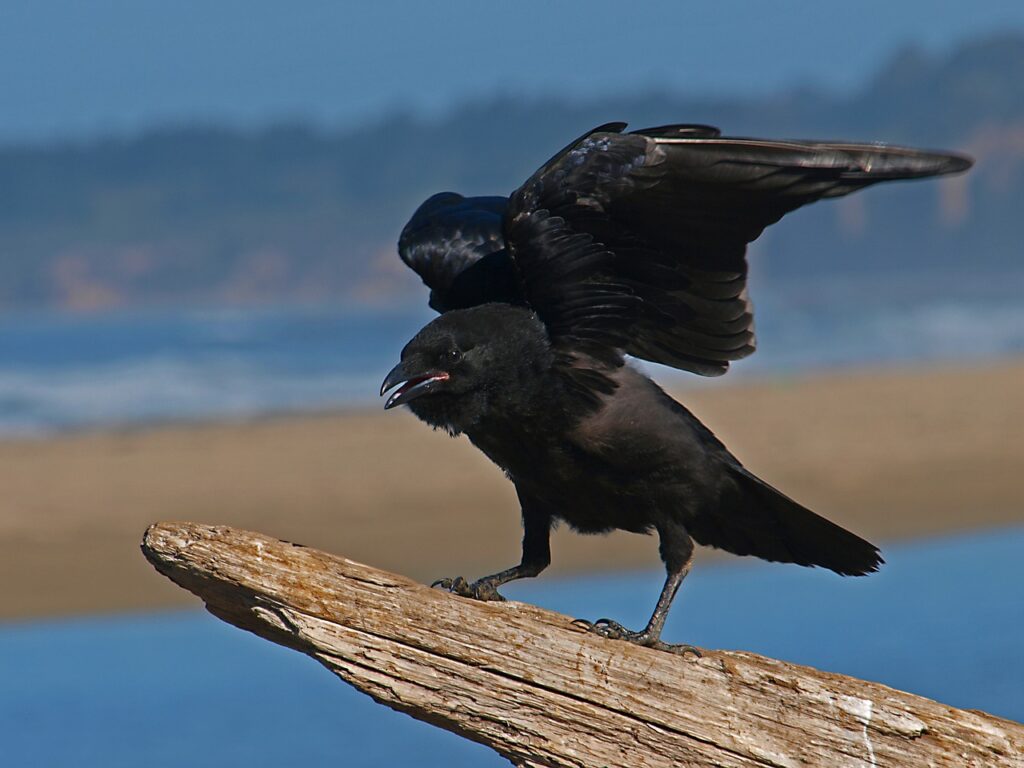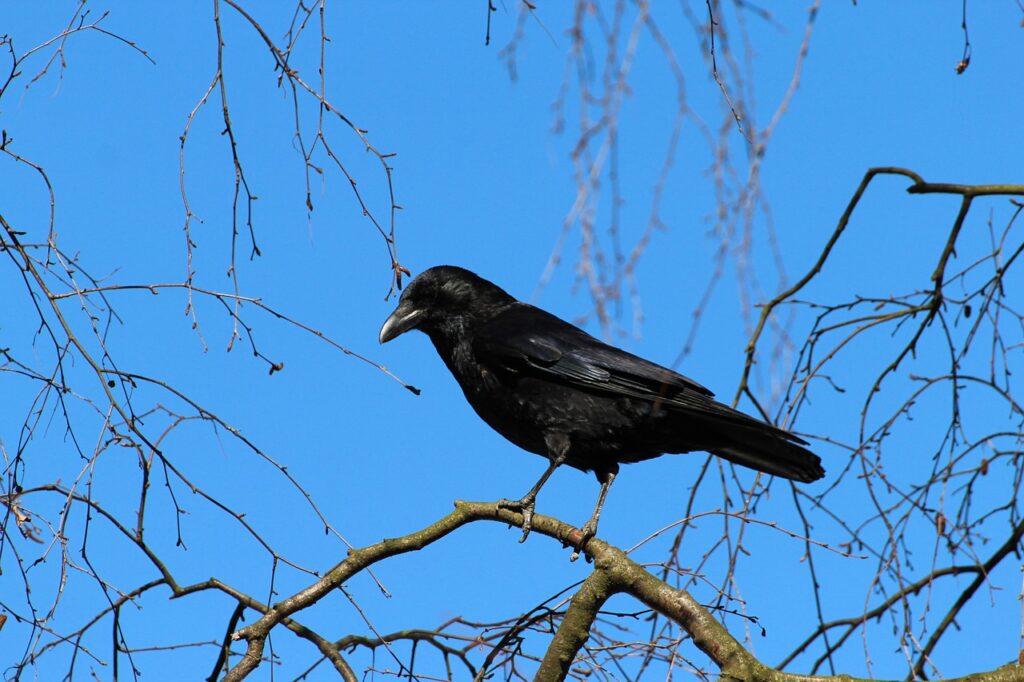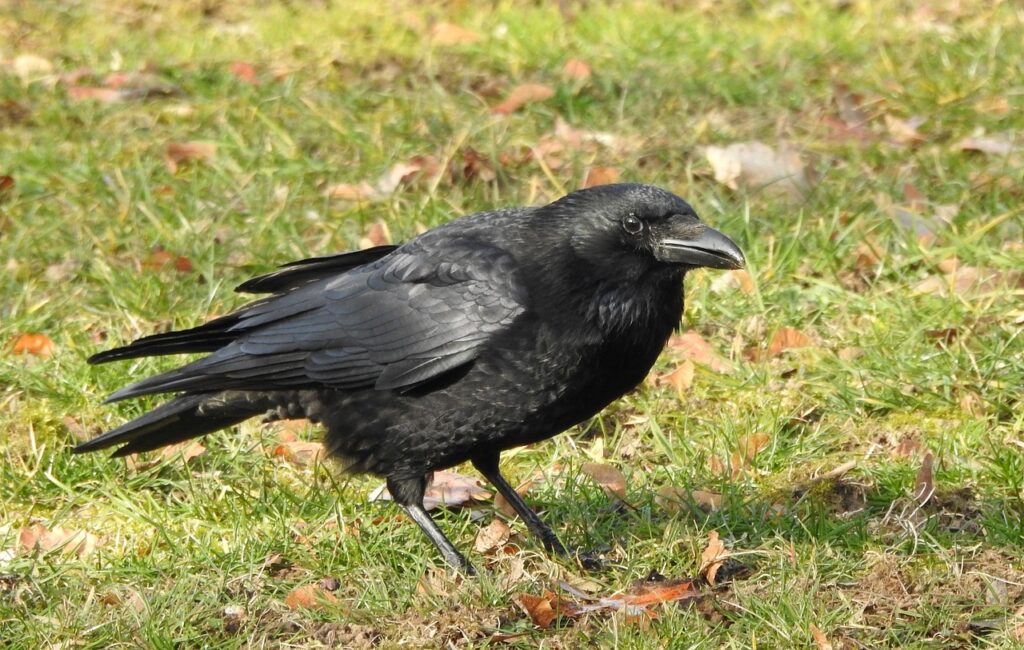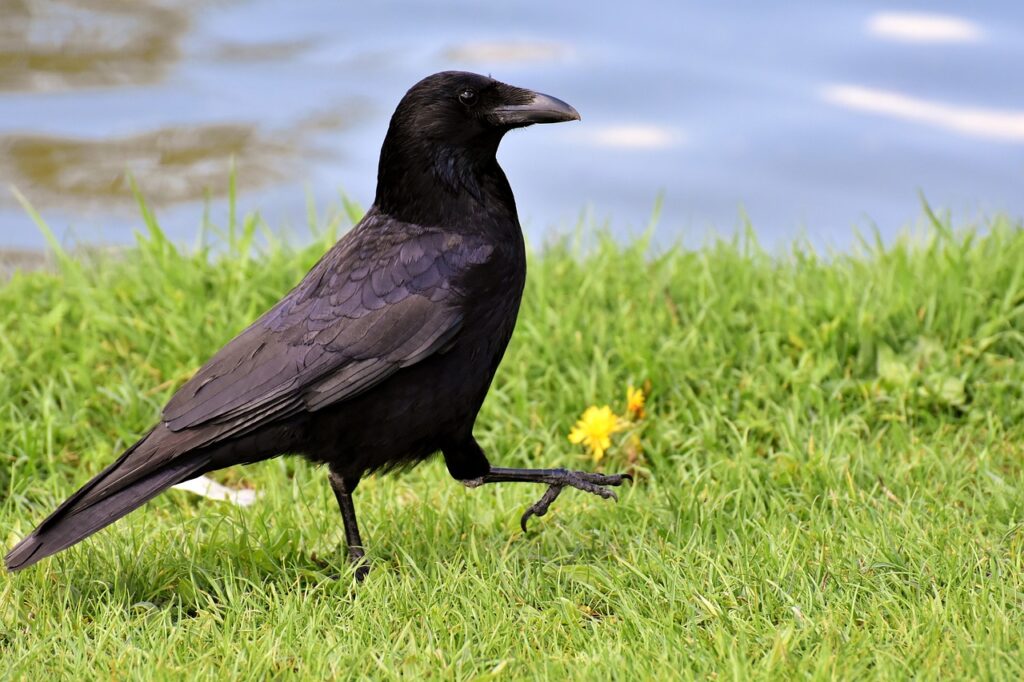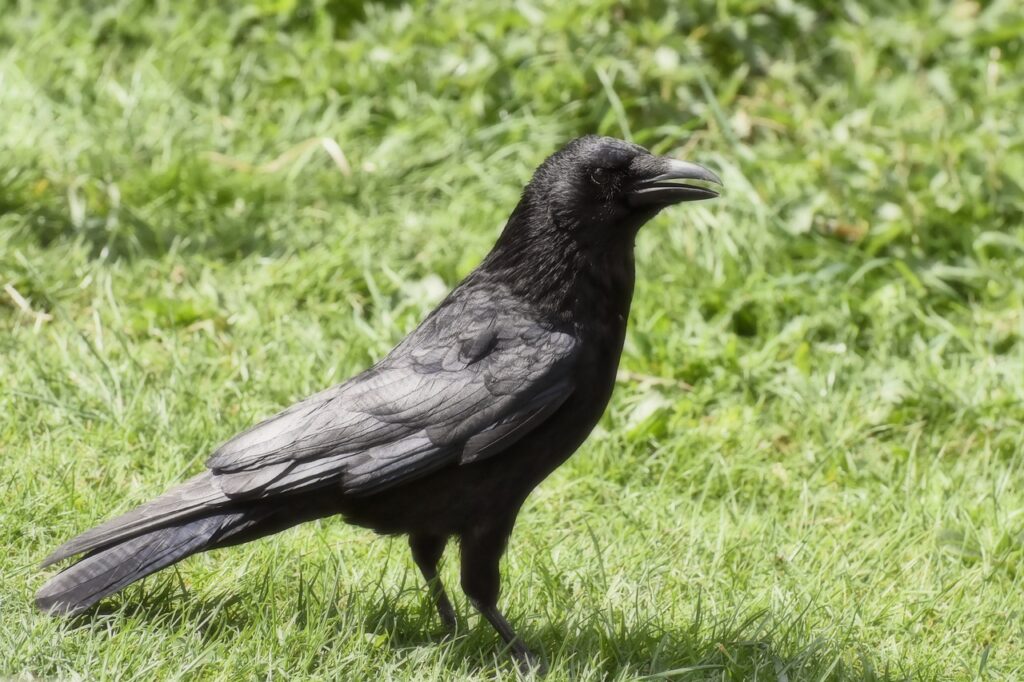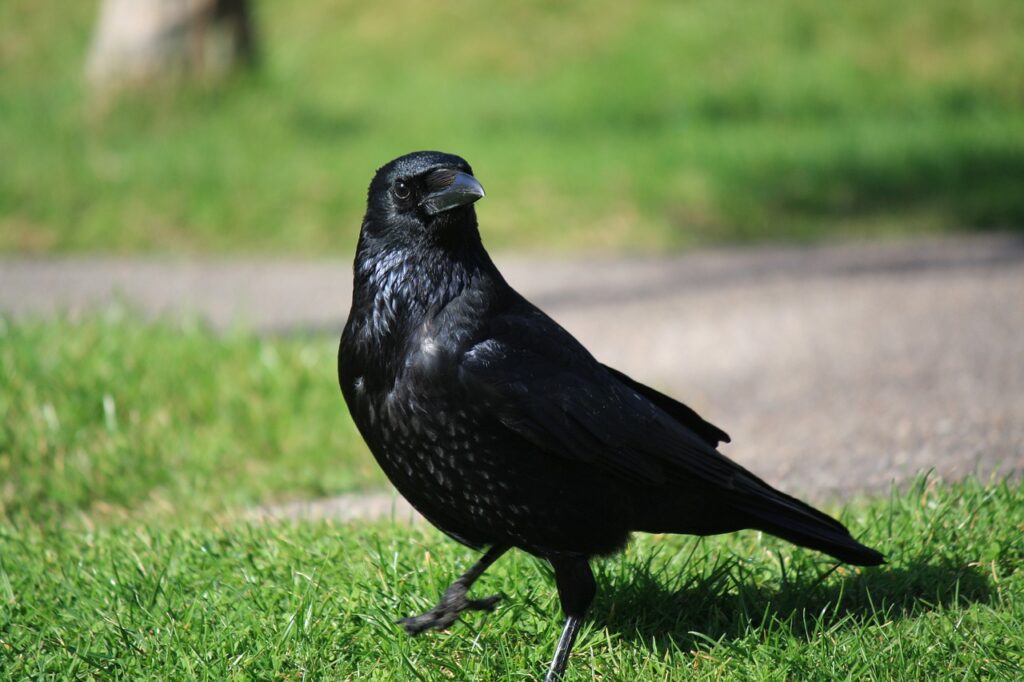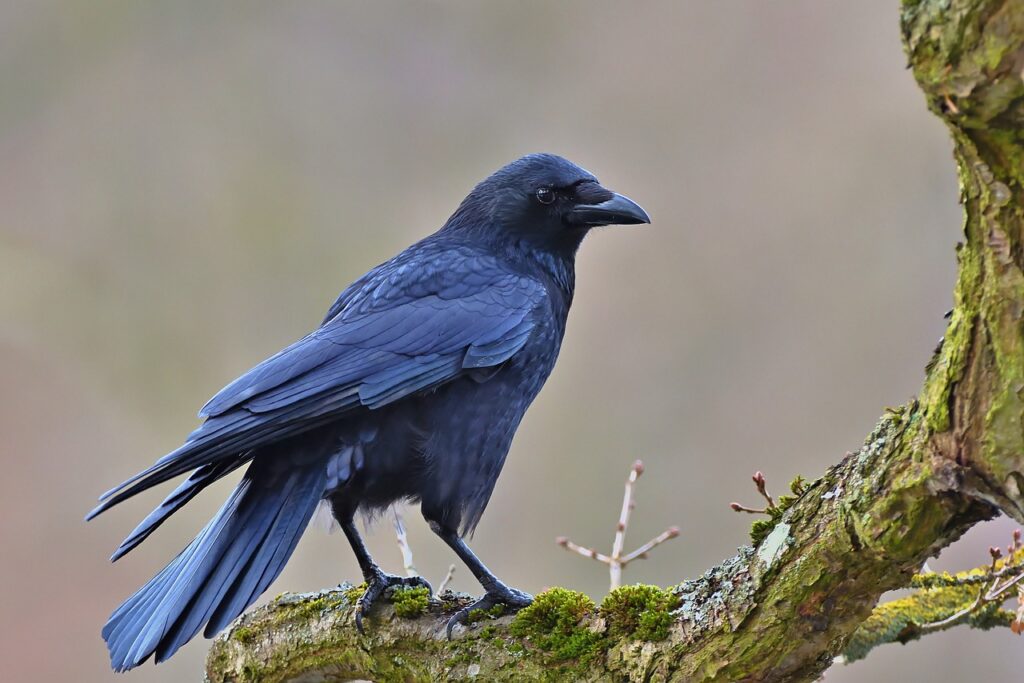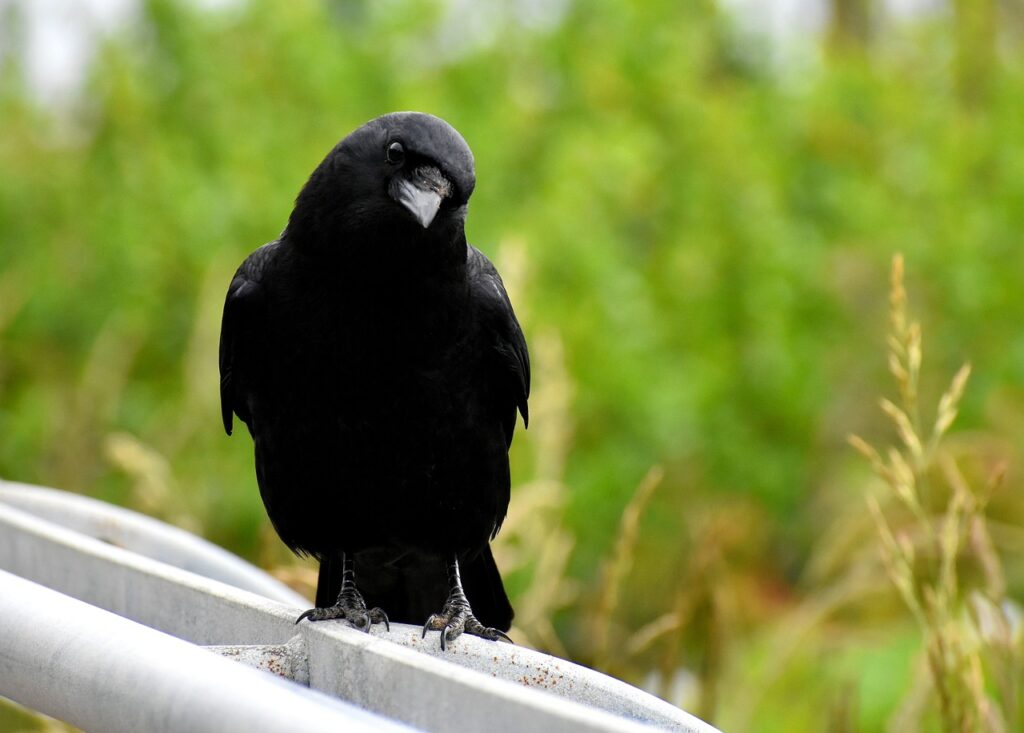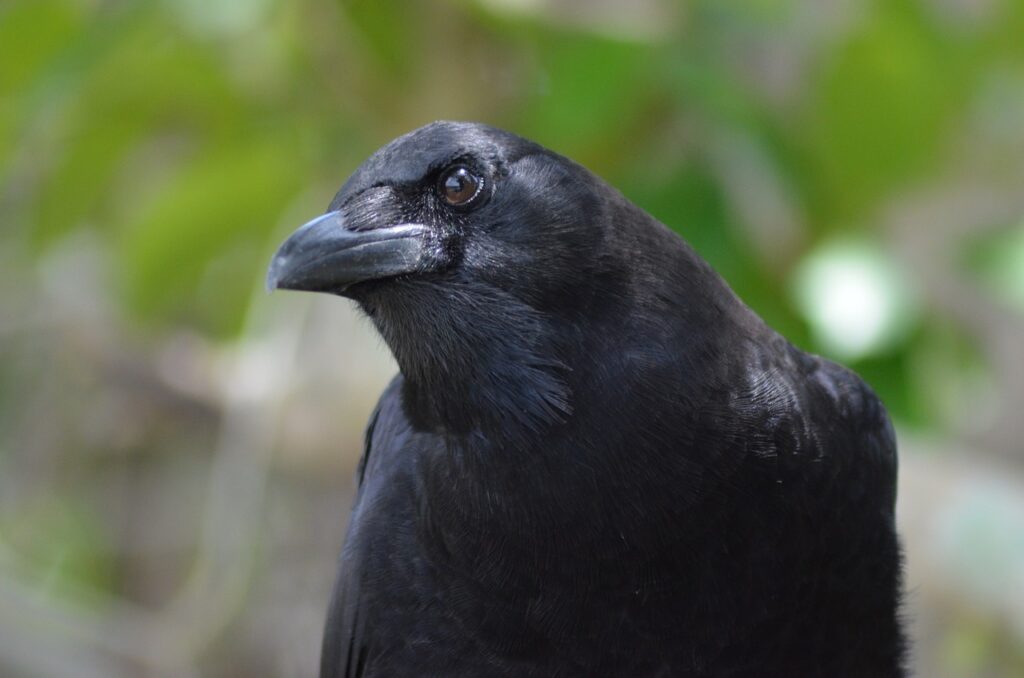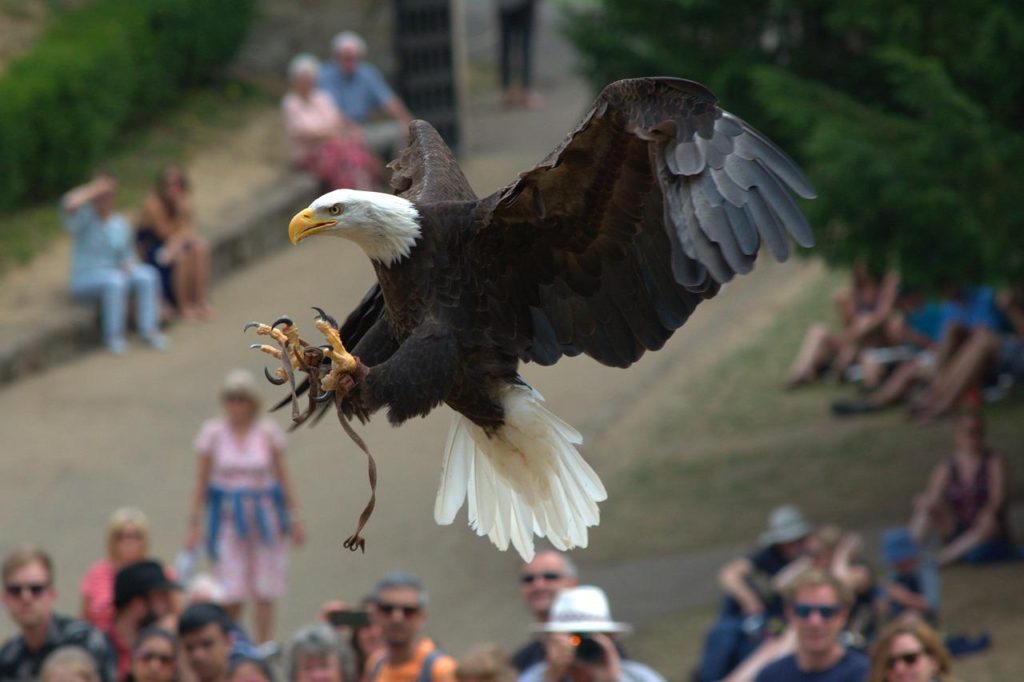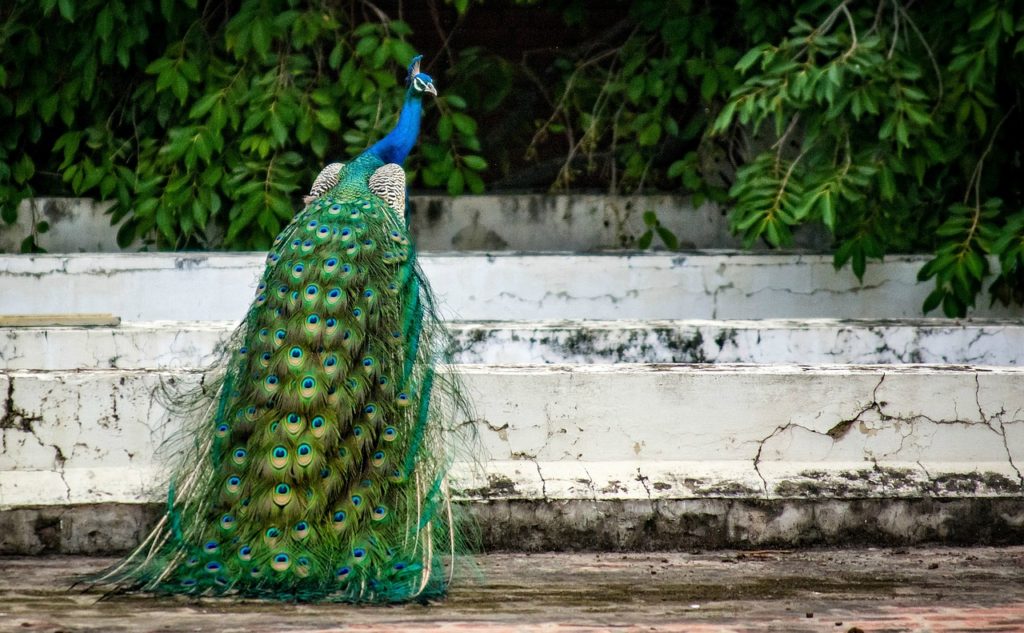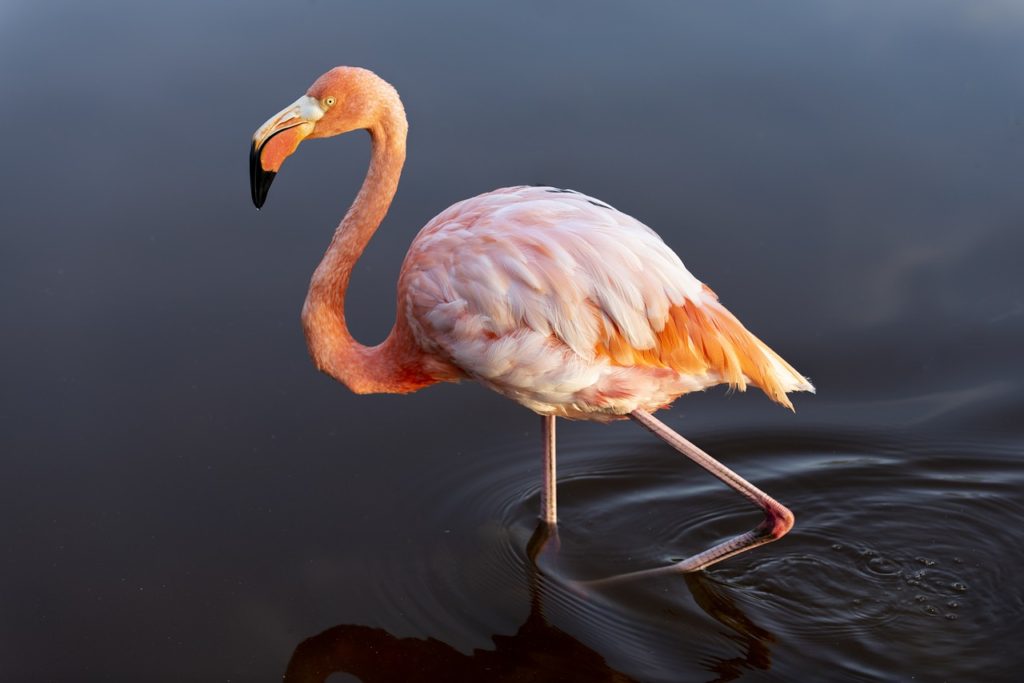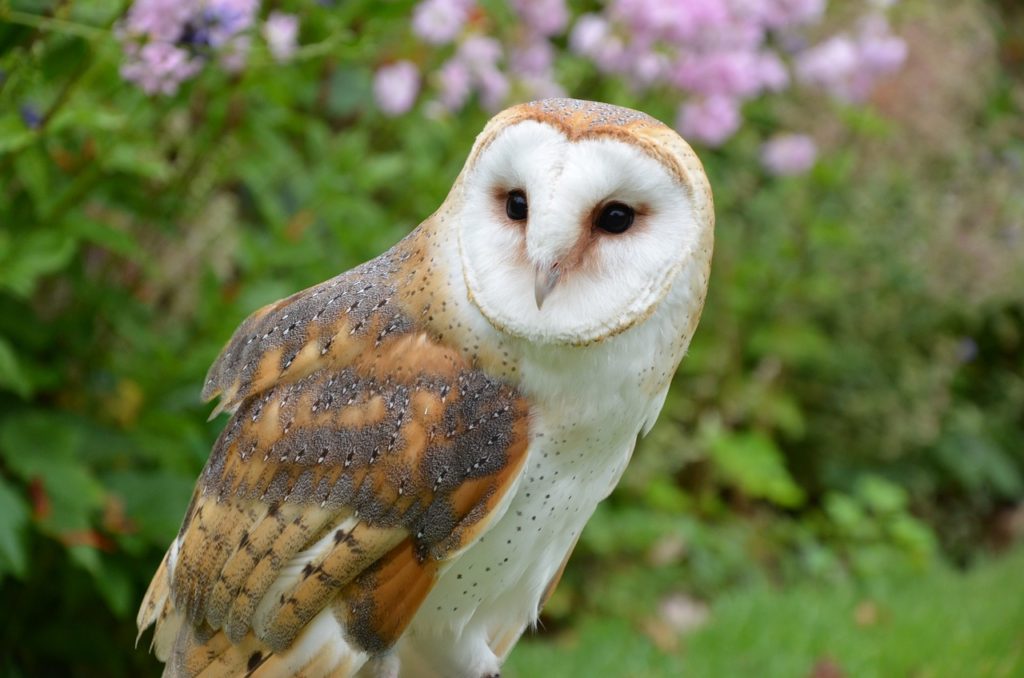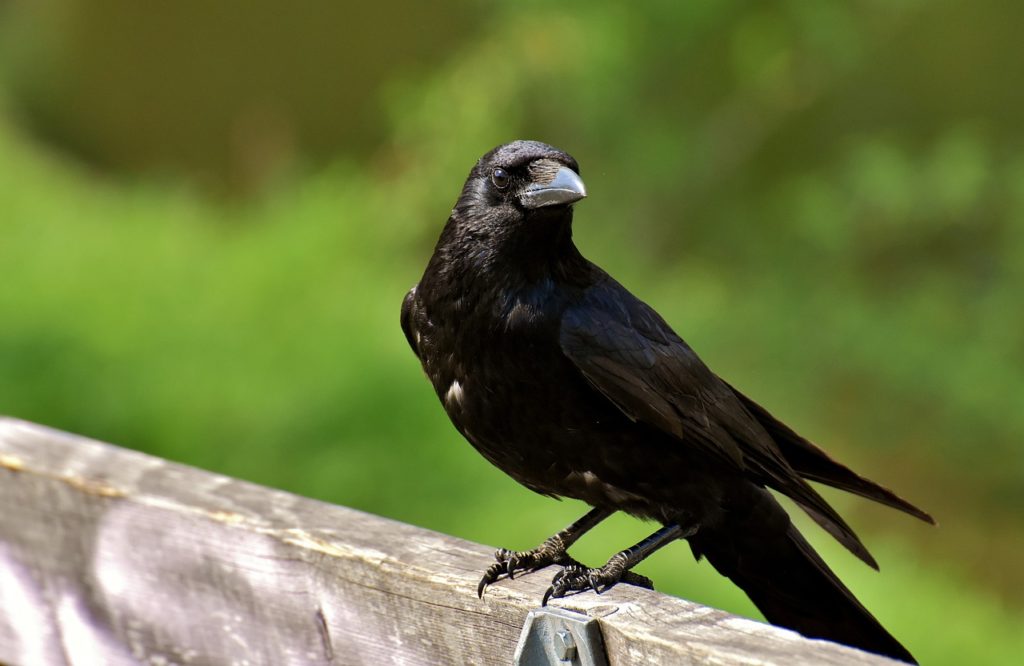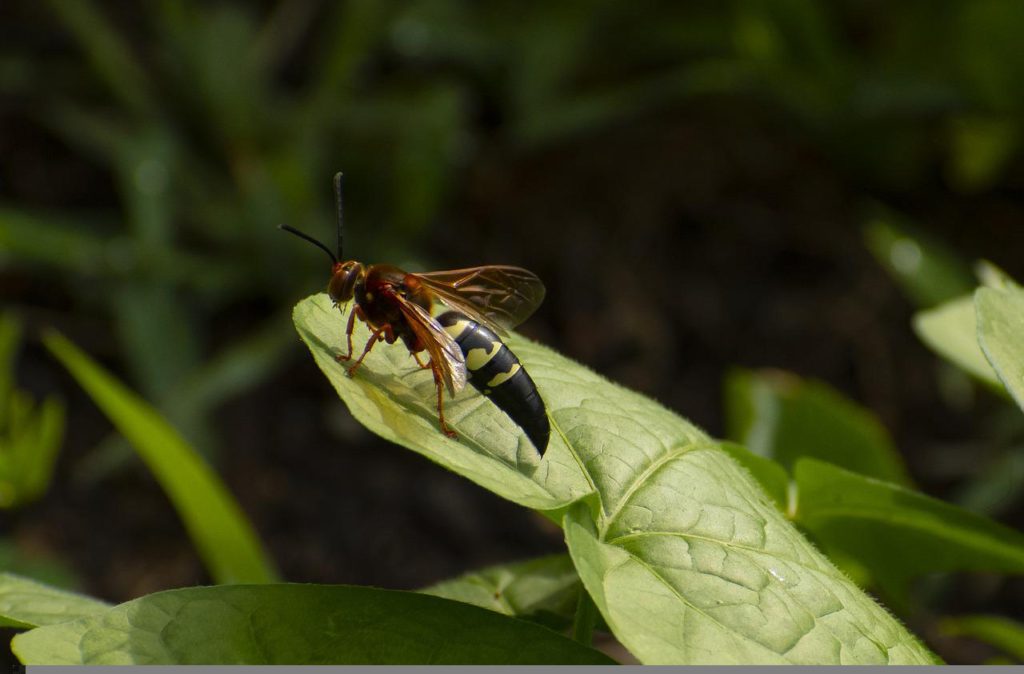
One look at one of these huge wasps buzzing around, your yard, and it’s only natural to ask, “Are cicada killers dangerous?” Fortunately, these wasps are mild-mannered. But here’s what you’ll want to know.
Cicada Killer Wasps Basics
Cicada killers emerge from the ground each summer and often build their underground burrows along the edges of sidewalks, patios, gardens, and lawns. Each cicada killer lives alone in its burrow. They prefer to dig their burrows in sunny spots with loose well-drained soil.
They are large wasps that can reach up to two inches in length with a rusty-colored head, body, and wings, a black abdomen with yellow stripes, and orange legs.
Are Cicada Killers Dangerous To Humans?
While they may be formidable-looking, they are in fact passive. Unlike hornets and honey bees, cicada killers don’t have nest-guarding instincts. So if you leave them alone, they will leave you alone. Although males may buzz very closely to anyone or anything that enters into their territory, it’s all a display. Or they may simply be checking you out.
Male cicada killer wasps do not have stingers. And while they may act like it, they can’t sting and are not dangerous in any way whatsoever. Females do have a stinger, which is used to inject captured cicadas with venom in order to paralyze them so that they can provide food for their young. Although they can sting, female cicada killers are considered difficult to provoke into stinging.
Females usually avoid humans and are too busy looking for cicadas to be concerned with what any nearby humans are during. In order to get stung by a cicada killer, you’d have to physically pick up a female and roughly handle it in a way that would make it feel as if it was being attacked.
You also would be likely to be stung if you stepped on one, so always be sure to wear the appropriate footwear near any cicada killer nests. Luckily their sting is considered to be very mild in comparison to other stinging insects and even comparable to a pinprick. And unless you happen to be allergic to the venom from the sting (in which cause you should seek medical attention) there should be no issue.
Are Cicada Killers Dangerous To Pets?
Similar to humans, pets are of no interest to cicada killers. However if a cat or dog was to catch one, and it turned out to be a female they most likely would be stung in their mouth. While not a pleasant experience for any pet, the majority of the time, this would simply teach the dog or cat to stay away from any cicada killer wasps in the future.
Though pets can be allergic to the venom from the sting and if you suspect that your pet has been stung and is having an allergic reaction it should be brought to your veterinarian immediately.
Start Shopping For Wasp Deterrents!
Crow Symbolism: Everything You Need To Know
Ever wondered why the crow has captured the imagination of so many cultures throughout history? Let's embark on a fascinating journey through the world of crow symbolism, unraveling its mysteries and discovering its significance across various cultures, religions, and...
Creepy Facts About Crows
Crows are highly intelligent birds that have thrived alongside us humans. However, while they are fascinating creatures, at the same time, there are many things about them that many people find quite unsettling. That being said here as some of the most creepy facts...
Why Are Crows So Loud?
As anyone who has heard their loud "caws," can tell you, crows are very noisy birds. In fact, they are considered one of the loudest of all bird species. But why are crows so loud? Read on to find out. The Importance Of Vocalizations Crows use vocalizations to pass on...
Do Crows Remember Faces?
Crows are known for their intelligence. But do crows remember faces? You bet they do! Here's what you'll want to know. Crow Intelligence Crows are brilliant birds. In fact, their level of intelligence is often compared to that of primates. They are so smart that they...
Why Are Crows Black?
American crows are birds with all-black plumage. But why are crows black? Well, there are several reasons. Read on to find out. Bird Color Basics Birds are some of the most colorful creatures on the planet. And they come in an amazing range of colors from white to...
Are All Crows Black?
When it comes to crows, most people are familiar with the image of a sleek-looking solid black bird. But are all crows black? No, they aren't. Here's what you'll want to know. The American Crow Is Not All Crows The American crow is found throughout most of North...
How Long Do Crows Live?
How long do crows live? That's one of the many questions people ask about these familiar all-black birds. Here's what you'll want to know about the lifespan of crows and what affects it. How Long Do Crows Live In The Wild? In the wild American crows have a lifespan of...
Enemies Of Crows
Crows are a common sight in many parts of the world. However, most of us don't realize that these distinctive jet-black birds face a range of threats even when they are in our own backyards. The following are the main enemies of crows. Natural Predators of Crows One...
Predators of Crows
In many places, crows are such a common sight that it can be easy to forget that they actually have many predators. And being "on the menu," for a range of other animals is actually why these birds are so wary. That being said, here is everything you'll want to know...
Are Crows Territorial?
Are crows territorial? The answer is yes. However, just how territorial they are can depend on several factors. Here’s what you’ll need to know. Territoriality In Birds Territoriality is the behavioral trait of defending and maintaining a specific area territory...
What Eats Crows?
Crows are large and highly intelligent birds that eat a wide variety of foods including many other animals. So, what eats crows? Here are the most common crow predators and what you’ll want to know about them. Birds Of Prey The birds of prey are a group of predatory...
Are Crows Friendly?
Crows are commonly seen, and heard, in close proximity to us in our towns and cities. But are crows friendly? The answer may surprise you. Crows Are Highly Social Birds Crows are social birds that live in family groups. And they are well known for forming close bonds...
Do Crows Mate For Life?
Do crows mate for life? Yes, they do. And this behavior is highly advantageous to them. Here's what you'll want to know. How Do Crows Attract A Mate? Crows are social birds; most of the year, they live in small family groups. During the breeding season, however,...
Birds With Talons
All birds have claws. However, only a few types have the scary-looking and dagger-sharp claws called, “talons”. So here are the birds with talons and what you’ll want to know about each of them. What Are Talons? Talons are the claws of a group of predatory birds known...
Birds With Tails
Just like birds themselves, birds’ tails come in a wide range of shapes and sizes. And some tails of course are more interesting and remarkable than others. The following are birds with tails that never fail to impress! Long-Tailed Tit The long-tailed tit, also known...
Birds With White Heads
There's no doubt about it, birds with white heads really stand out. From small to large they are quite a unique bunch. So here are some of the most fascinating white-headed birds and what you'll want to know about them White-Headed Vulture The white-headed vulture is...
Birds That Look Like Flamingos
Flamingos are wading birds with long necks and legs. These social birds live in groups and have strongly hooked downward-facing beaks which they use to feed on shrimp and other small water creatures. And they are famous for their stunning pink color. With such a...
How To Attract Owls To Your Yard
Owls are nocturnal birds of prey that can be extremely helpful when it comes to controlling rodent populations in a natural way. That is of course if you can attract them to your property by creating an owl-friendly habitat. So keep reading to find out how to attract...
Why Would A Swan Be Alone?
It's widely known that swans are incredibly social and romantic creatures, so it can be disconcerting when you encounter a solitary swan. However, there are several reasons why this might be. So why would a swan be alone? Here's what you'll want to know. But first,...
How To Attract Crows To Your Yard
Crows aren’t always pests as many people believe. In fact, these super smart birds can actually help to rid your property of many common backyard and garden pests themselves. So here’s your step-by-step guide on how to attract crows to your yard! Step 1. Create A...
